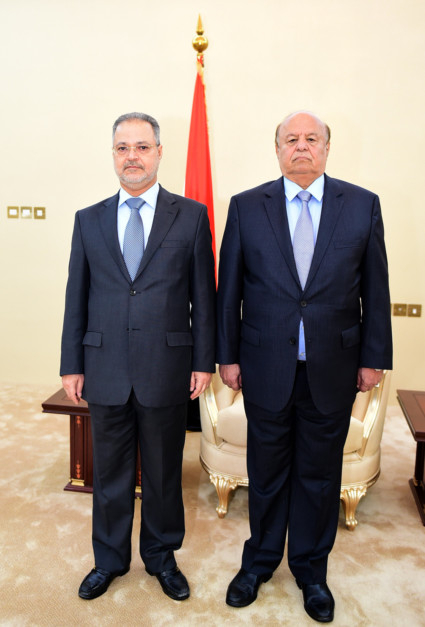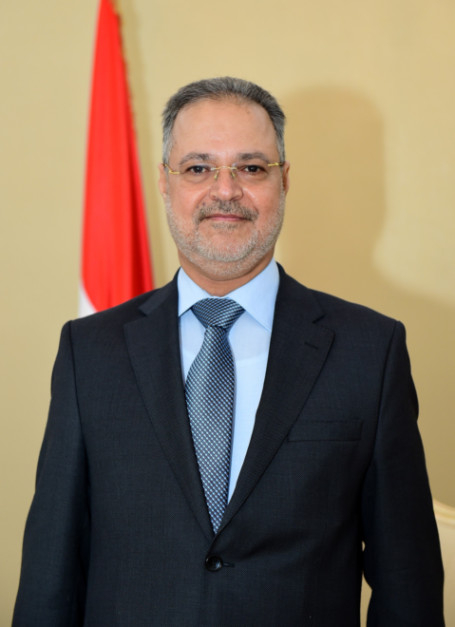
Dubai: Analysts cast doubt yesterday over reports that Yemeni cabinet reshuffle has caused a political rift between President Abd Rabbo Mansour Hadi and Prime Minister Khalid Bahah.
While some analysts said Premier Bahah opposed the appointment of ministers from the former regime of Ali Abdullah Saleh, others said Bahah had not issued any statement criticising Tuesday’s cabinet reshuffle.
“There is no clear statement from Khalid Bahah stating his objections to the cabinet reshuffle,” Seif Al Jahafi, an Aden-based political analyst, said in an interview with Gulf News.
Al Jahafi was responding to statements attributed to Bahah describing the cabinet reshuffle as “illegal” and done without consultation with him.
“Yemen is passing through an exceptional time, and we shouldn’t allow mistakes to happen, and be repeated. There is no place for manipulation and fear,” Bahah said on his Facebook page. Yemen will not come out of the crisis “except through collaboration of efforts and sincerity to our nation, and only our nation,” he added.
In Tuesday’s cabinet changes, Hadi appointed five new ministers, including interior and foreign ministers. Most of the new ministers are former members of the General People’s Congress, which is headed by former president Saleh. The new transport minister Saleh Al Shangara, who comes from the separatist Southern Movement, has turned down the appointment saying he was not consulted, according to Al Jahafi, who is also from the Southern Movement.
“I believe Bahah is against the inclusion of figures from the former regime,” said Salim Al Nahdi, a Yemeni politician based in Cairo. “Bahah seeks to take the country to a new era”, but in the present form, it won’t be possible, Al Nahdi feels.
“I also believe Hadi is under pressure from some of the former regime members to meet their demands,” Al Nahdi told Gulf News.
The prime minister has the right, according to the constitution, to choose his ministers in agreement with the president. The president also has to consult with the prime minister during the formation of the government, he said.
Yemeni analysts expect the new government to have a positive impact on Geneva talks that aims to end the months of fighting between Hadi government’s forces and their supporters and Al Houthi militia and forces loyal to Saleh.
Meanwhile, security officials said Al Qaida fighters seized a strategic town of Jaar in southern Abyan province from pro-government forces in southern Yemen on Wednesday after clashes that left at least seven people dead.
Jaar is considered a key link between the southern city of Aden, where Hadi government is based, and Al Mukalla, the Al Qaida-held capital of south-eastern Hadramout province, a military source said.
“The truth is that this Al Qaida is loyal to Ali Abdullah Saleh. He is the one who is giving orders to the group, whenever he is in crisis. All the religious extremists are loyal to Saleh, Al Jahafi said.
“This [Al Qaida in Yemen] is not [independent] like Al Qaida in Afghanistan. It is controlled by Saleh.”













